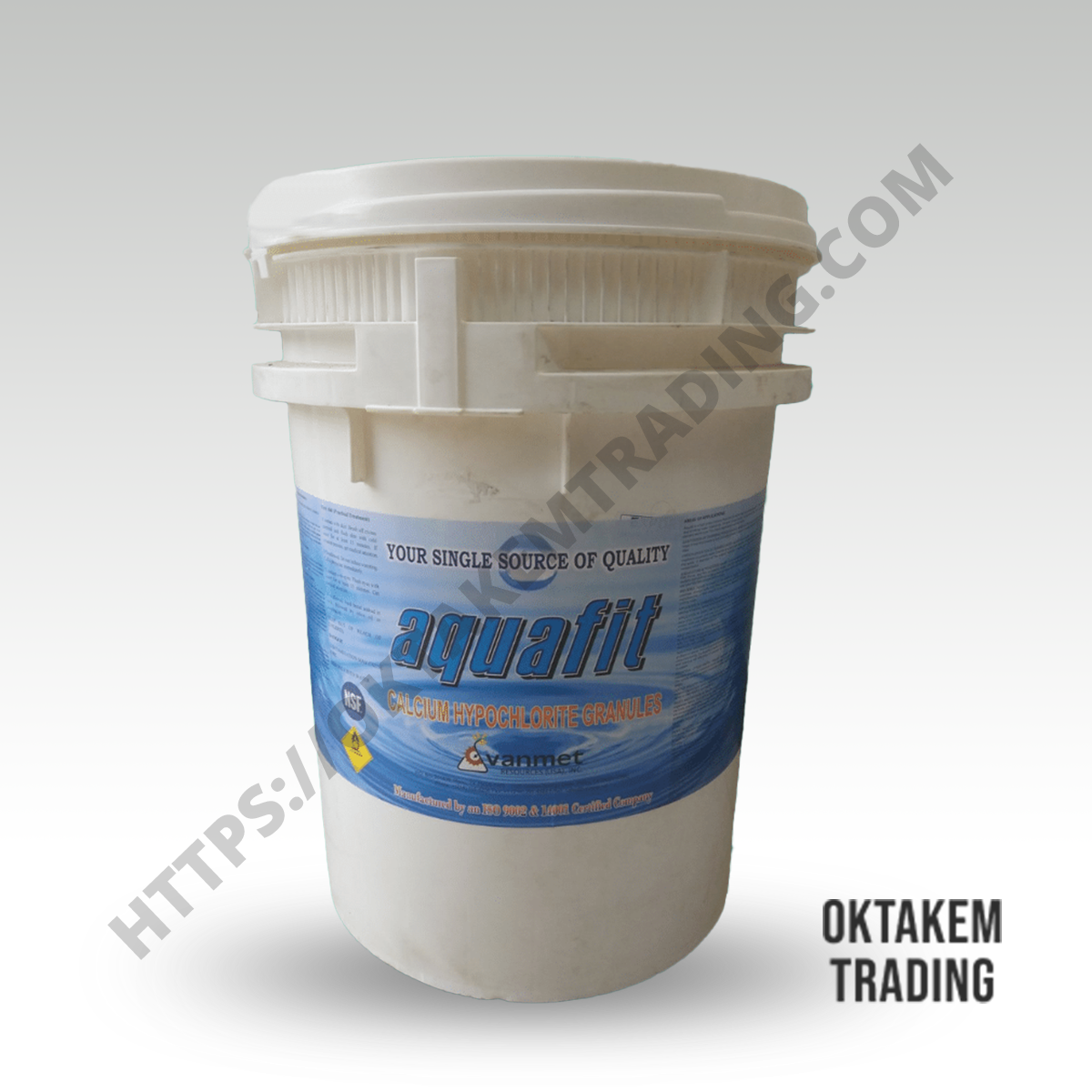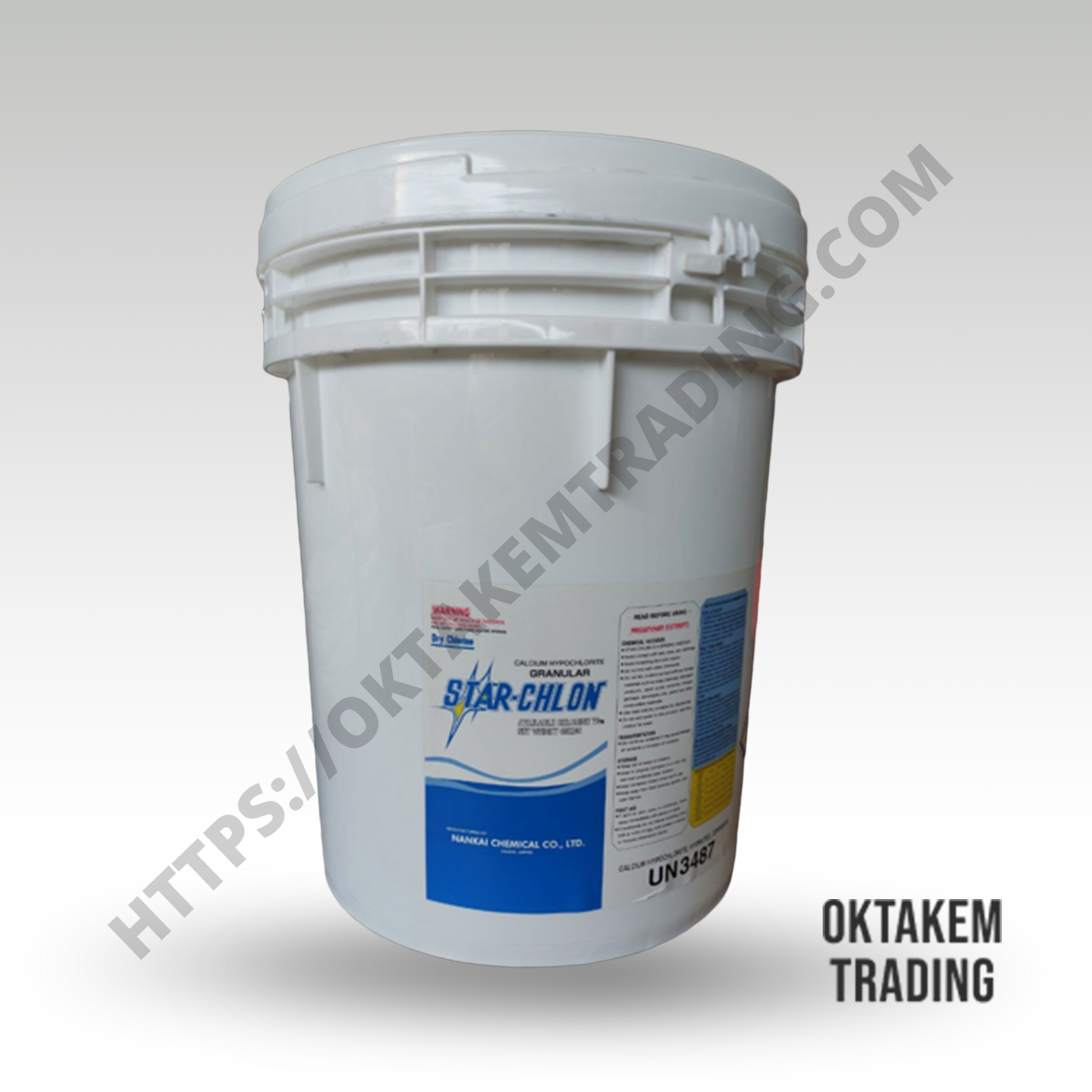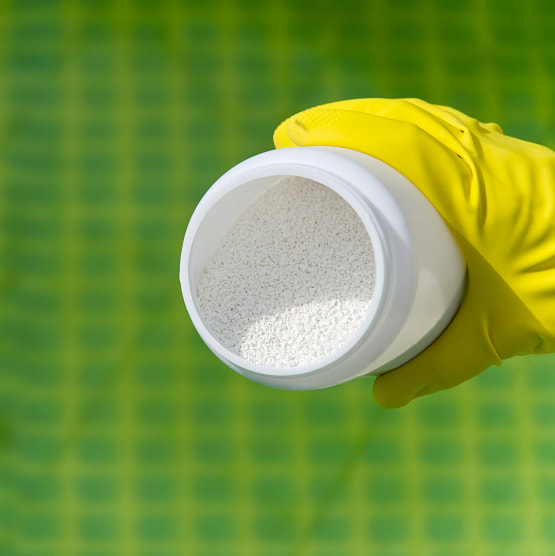
WHY SHOULD I USE CHLORINE GRANULES?
Chlorine is best known as a sanitizing product and is used in many pool and hot tub disinfecting products, including chlorine granules.
These are very effective in killing common waterborne bacteria. It does this through a process called electrolysis, where it breaks down the cell walls of harmful microorganisms, including bacteria and algae. It then oxidizes them, which effectively kills them off.
Using chlorine products can greatly reduce the risk of you and others using your pool from contracting illnesses, such as diarrhea, skin rashes, athlete’s foot, swimmer’s ear, and much more.
Despite its powerful cleaning capabilities, when handled properly chlorine granules can be safe and easy to use — even at home!
However, to remain effective, your pool’s chlorine level must be maintained, to prevent bacteria from growing in the water. After each application, the chlorine will gradually break down and become less effective — which is why regular application is so important.
WHAT IS THE BEST CHLORINE GRANULE PRODUCT
Chlorine comes in many forms, but the best one is known as Calcium Hypochlorite. Also known as “cal hypo”, this type of chlorine granule is highly effective and one of the cost-effective options on the market. If you see this term on the label of your chlorine product, know that it contains at least 65% chlorine with a pH level of 12. This is suitable for swimming pools (with vinyl, intex, fiberglass, concrete, and inflatable enclosures), spas, fountains, water features, and even for floor cleaning.
At Oktakem, we carry a variety of Calcium Hypochlorite Chlorine Granule products for your choosing, to make sure we can meet all your pool maintenance needs. Here is a brief overview of our chlorine granule products:
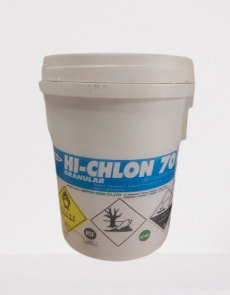
HI-CHLON 70% CHLORINE
- Comes in a 45kg pail
- Manufactured by Nippon Soda Co. Ltd., Japan
- 70% Available Chlorine
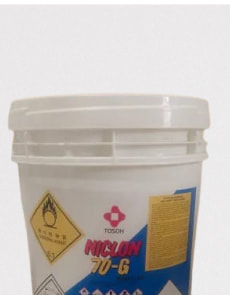
NICLON 70-G CHLORINE
- Comes in a 45kg pail
- Manufactured by TOSOH Corp., Japan
- 70% Available Chlorine
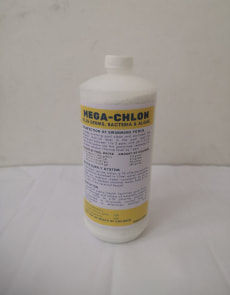
MEGA-CHLON CHLORINE 70%
- Comes in a 1kg bottle
- Is made from repackaged Niclon
- Manufactured by TOSOH Corp., Japan
- 70% Available Chlorine
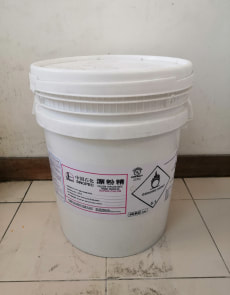
SINOPEC CHLORINE 70%
- Comes in a 40kg pail
- Manufactured by Jianghan Salt & Chemical, China
- 70% Available Chlorine
- Chlorine Powder
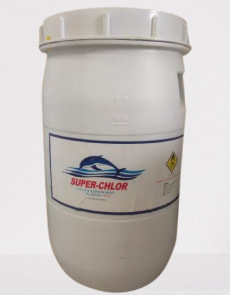
SUPERCHLOR CHLORINE 65%
- Comes in a 40kg pail
- Manufactured by Jianghan Salt & Chemical, China
- 65% Available Chlorine
Buy these online through our official website, or place an order today at our Shopee store!
HOW TO USE OUR CHLORINE GRANULES
To efficiently use our chlorine granules for the chlorination processes, you need to follow a specific procedure. This ensures that it can be dissolved safely and accurately into the body of water. This procedure is similar to adding calcium chloride or sodium bicarbonate into a pool.
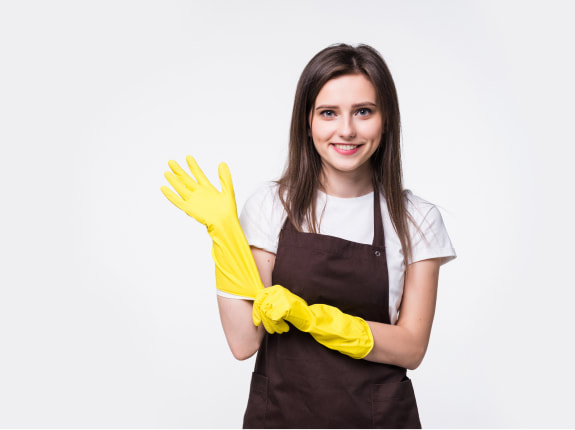
PRECAUTIONS
Always remember that it is never safe to mix two different types of chlorine powder or solution. Even storing them near one another can be dangerous as this product is a volatile oxidizer. In fact, it is advised to never mix chlorine with any other product at all.
And, we always recommend handling our chlorine granules while wearing the proper protective gear—gloves and glasses. Never touch this product with bare hands, or allow it to come into contact with your eyes and mouth.
PREPARE EQUIPMENT
You will need the following:
- A reliable pool test kit that can measure alkalinity and pH.
- A clean cup or bottle to test your pool water.
- A 5-gallon plastic bucket.
- Your protective gear.
- Something to stir the solution, such as a rod or paint-stirring stick.
- A dry measuring cup.
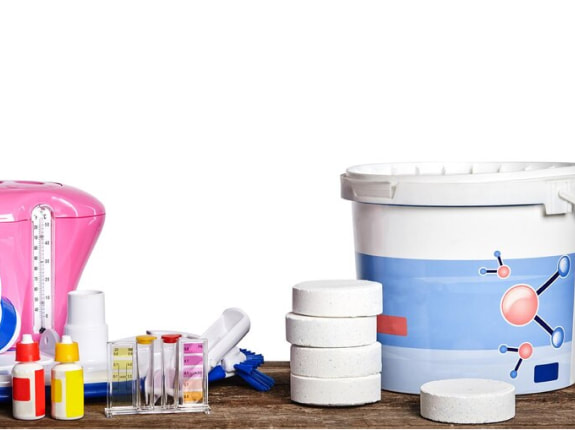
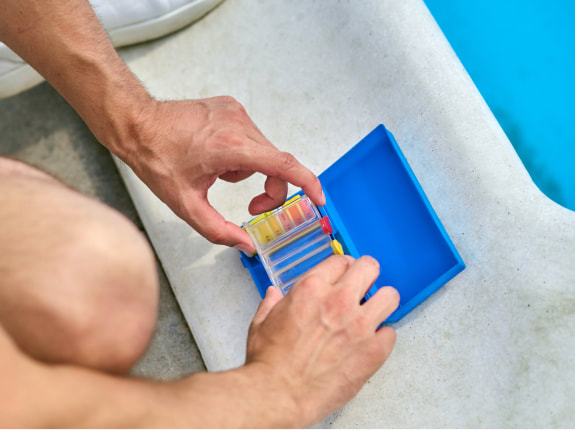
TEST YOUR POOL
Test your pool water with your pool testing kit for remaining chlorine content. Test your pool water and your fill water for free available chlorine. Use your clean cup or bottle and insert it opening down into the water and go at least elbow deep. Turn it slightly to the side to get a sample. Do not take this sample near the skimmer opening or return jets.
Then, use your test strips to see the alkalinity and pH levels of your pool water. Dip the dry test strip into the water and wait for it to dry before matching up the resulting color of the strip.
If your chlorine levels are between 1 and 3 ppm (with 3 being the ideal), then you don’t necessarily need to add more chlorine granules to your pool at the moment.
MIX IN A SEPARATE CONTAINER
If your pool is past the ideal range, then you have to calculate how much chlorine to add per gallon of water. It takes about 5.6 grams of chlorine per 1000 gallons to raise the level by 1 ppm.
Measure your chlorine granules very carefully — it has to be precise — according to how much you need to raise the chlorine levels. Then, dip your bucket into your pool until it is ¾ filled with water.
Slowly pour your measured chlorine powder into the bucket, and stir slowly until completely dissolved. Always pre-dilute to prevent cloudy pool water.
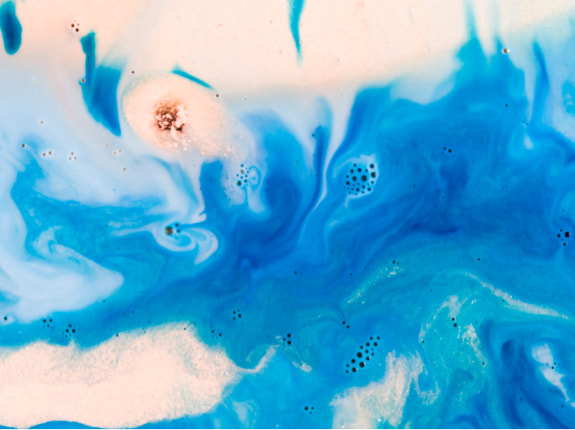
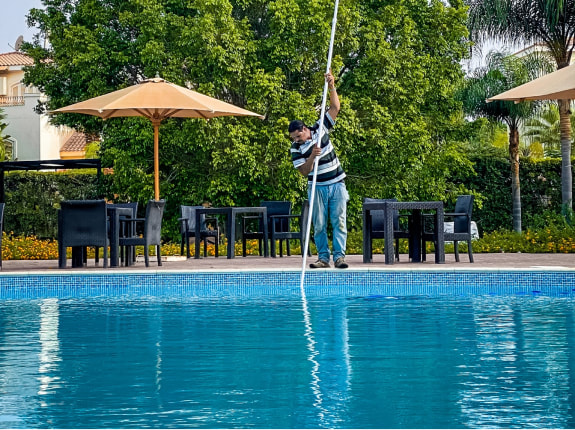
SLOWLY ADD TO THE POOL
Slowly pour your dissolved chlorine granule solution into your pool. You can pour about half the bucket first, then add more pool water into the bucket. Stir this again before slowly pouring the rest out. Doing so will ensure the chlorine is thoroughly mixed into the water. Avoid pouring the solution directly into the skimmer.
Depending on how often you use your pool, you may have to chlorinate every few days to every week. Other factors, such as water temperature and heavy rainfall will also affect the pH levels of your pool — so make sure to check on it often!
WHY CHLORINE GRANULES ARE BETTER THAN LIQUID CHLORINE
Liquid chlorine has the same active chemicals as granular products, which means it is also an adequate way to sanitize your pool.
However, it’s not a cost-effective product. This is due to it having less available chlorine, so you have to use more just to maintain your pool regularly. On the other hand, chlorine granules are the more effective solution as they clean water of microorganisms, bacteria, and contaminants much quicker, and are more effective at preventing algae growth.
Aside from that, chlorine granules also have a lower pH, meaning you don’t need to spend as much on acid products to maintain healthy pH levels in your pool. They are also easier to carry and store for long periods. And, they’re more versatile, as you can choose how many granules to add to your water every time. This is ideal for pools that need varying levels of maintenance week to week.


